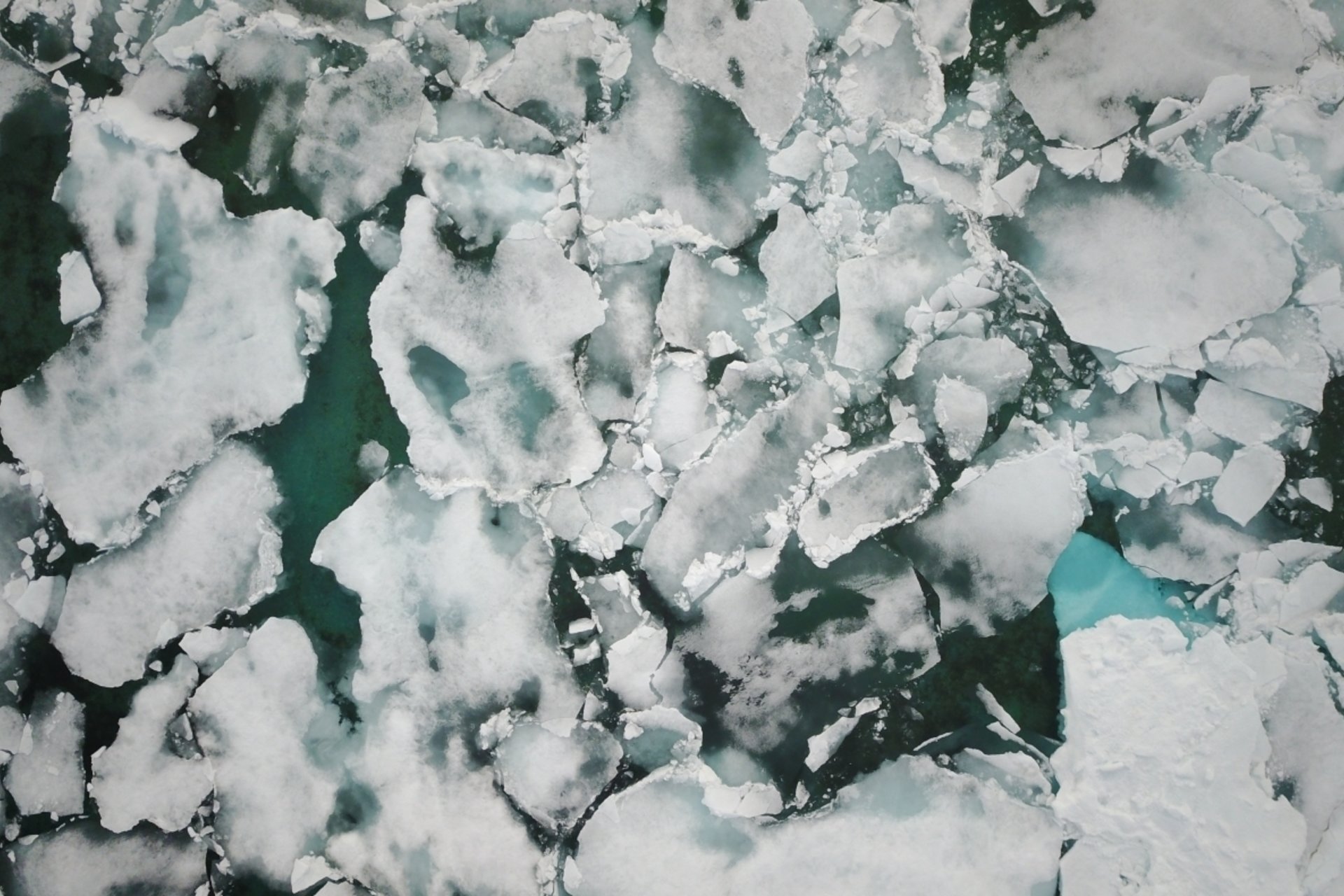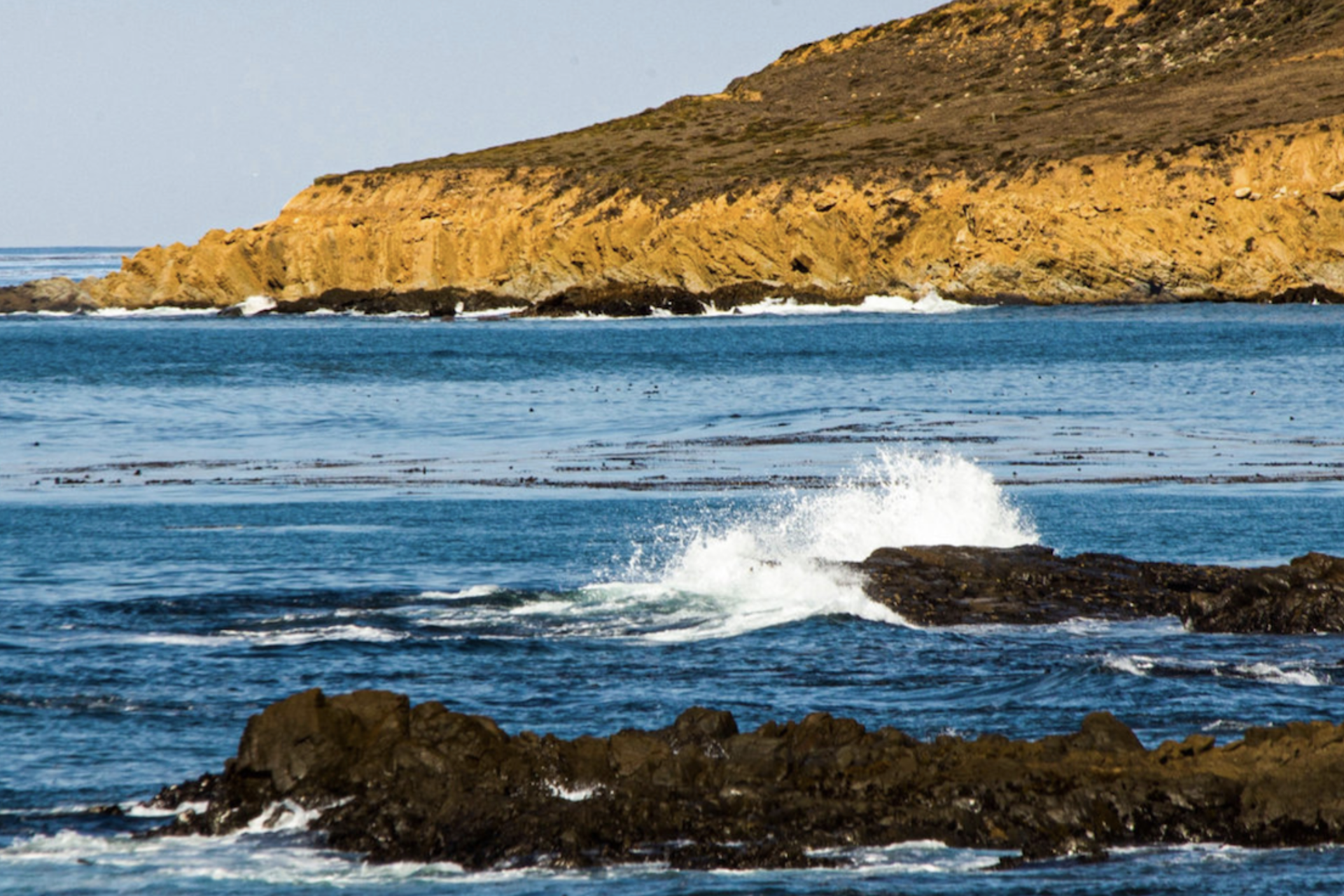Marine species quickly revealed by new 'Go Fish' tool, highlights potential of emerging eDNA science
Experts convene for 1st US National Conference on Marine Environmental DNA, a far-reaching, potent complement to traditional monitoring systems; initiates coordinated US research theme, standardized sampling/reporting protocols; baseline monitoring sites.
The Rockefeller University, Program for the Human Environment

In a major expedition this year, scientists led by Stanford Prof. Barbara Block at Hopkins Marine Station documented predators and prey in the White Shark Café -- an area of the Pacific Ocean about half-way between Hawaii and the west coast of North America mysteriously visited regularly by white sharks. To determine what draws these predatory sharks to these seemingly inhospitable waters, they deployed a combination of satellite tags on white sharks, underwater robots, wind-powered Saildrones, and eDNA sampling to identify how and why animal species use these waters.
Explore More
-
The inaugural awards will enable research teams to pursue interdisciplinary ocean and coastal projects that address impacts of environmental change in the Bay Area and beyond.
-
A new research partnership will combine Indigenous and scientific knowledge to monitor marine life in a sacred tribal region that may be a bellwether of how native species will fare in the face of climate change.



